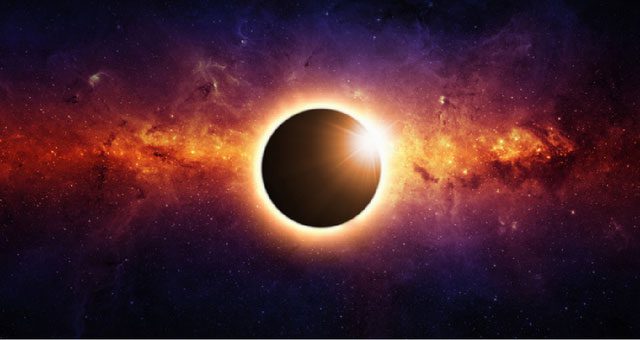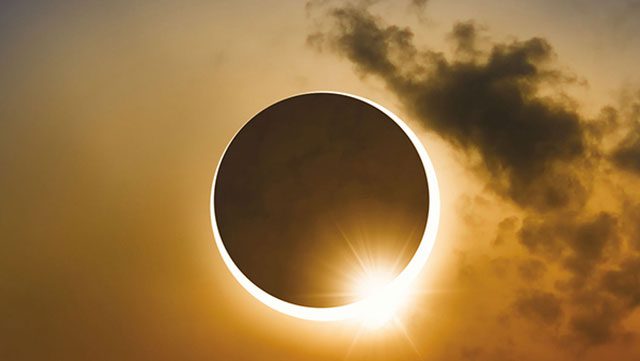In the past, solar eclipses have occurred and they have had a significant impact on global events, from wars to scientific breakthroughs, with three of the most influential events highlighted below.
1. Solar Peacebringer
Three total solar eclipses in the past greatly influenced wars and scientific developments in the world today.

In the spring of 585 BC, in what is now Turkey, the Lydians and the Medes were fighting when a total solar eclipse occurred, causing them to lay down their weapons.
According to the account of ancient Greek historian Herodotus, who was born in the city of Halicarnassus in the Persian Empire (modern-day Bodrum, Turkey), both sides regarded the eclipse as an omen to end the war, and they agreed to cease hostilities.
This event is known as the Eclipse of Thales, named after the philosopher believed to have predicted it.
2. Testing Einstein’s Theory
In 1919, the total solar eclipse provided the United States with an opportunity to test Einstein’s general theory of relativity, which posits that massive objects like planets cause distortions in space and time known as gravity.
Simply put, the gravity of a planet pulls floating rocks in space into its orbit.
As scientists observed the total solar eclipse on May 29, 1919, off the west coast of Africa, they were able to measure the positions of stars near the sun and calculate the curvature of space and time caused by the sun’s mass, which confirmed Einstein’s theory as accurate.
3. Establishing Partnerships

A total solar eclipse occurs when the Moon is positioned between the Earth and the Sun, completely covering the Sun as seen from Earth.
In 1937, as World War II loomed, a remote island in the Pacific became the most valuable location for researchers to observe the eclipse.
Kanton Island, also known as Mary Island and Swallow Island, was home to expeditions from both the United States Navy and the British. At that time, captains from both sides fired a short shot from the bows of their ships.
Ultimately, Americans and British engaged in a friendlier competition as they vied for the best vantage point to view the eclipse on June 8, 1937, and gather data, with the rest of the expedition proceeding without incident.
Years later, during World War II, the two nations collaborated to use this island as a shared refueling base due to its proximity to Japan.




















































